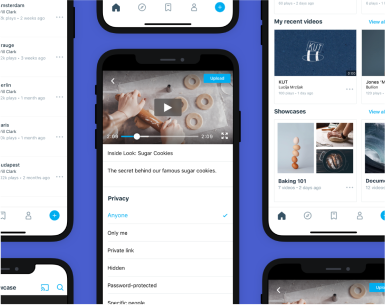Introduction
McMillan Shakespeare (MMS), a leader in financial services and fleet management, has transformed its quality assurance process by adopting BrowserStack as its unified testing platform. By integrating BrowserStack into its CI/CD pipeline, MMS successfully overcame challenges related to limited test coverage, slow manual processes, and inefficient debugging. The result is a highly efficient, scalable testing operation that provides rapid feedback, accelerates release cycles, and ensures a high-quality user experience across all digital touch points.
Bottlenecks in a fragmented testing process
Prior to BrowserStack, the testing and QA processes at MMS were fragmented and inefficient, creating significant bottlenecks. The team, led by Test Lead Pooja Dathathraya, faced several critical challenges:
- Inadequate test coverage and scalability: Their setup, a mix of cloud platforms for web and physical devices for mobile, lacked the variety of browsers, devices, and OS versions needed to match their diverse user base. They couldn’t scale to test against specific versions identified in customer usage reports.
- Time-consuming manual efforts: Maintaining and managing an inventory of physical mobile devices for manual testing was slow, inefficient, and hindered the speed of their release cycles.
- Inefficient debugging cycles: When bugs were found, the absence of detailed runtime parameters, screen recordings, and console logs made debugging a painful, redundant process. Developers lost valuable time trying to reproduce issues.
- Hurdles in team collaboration: Without a centralized platform, sharing test results and collaborating on defects was difficult, slowing down triaging and feedback loops between teams.





